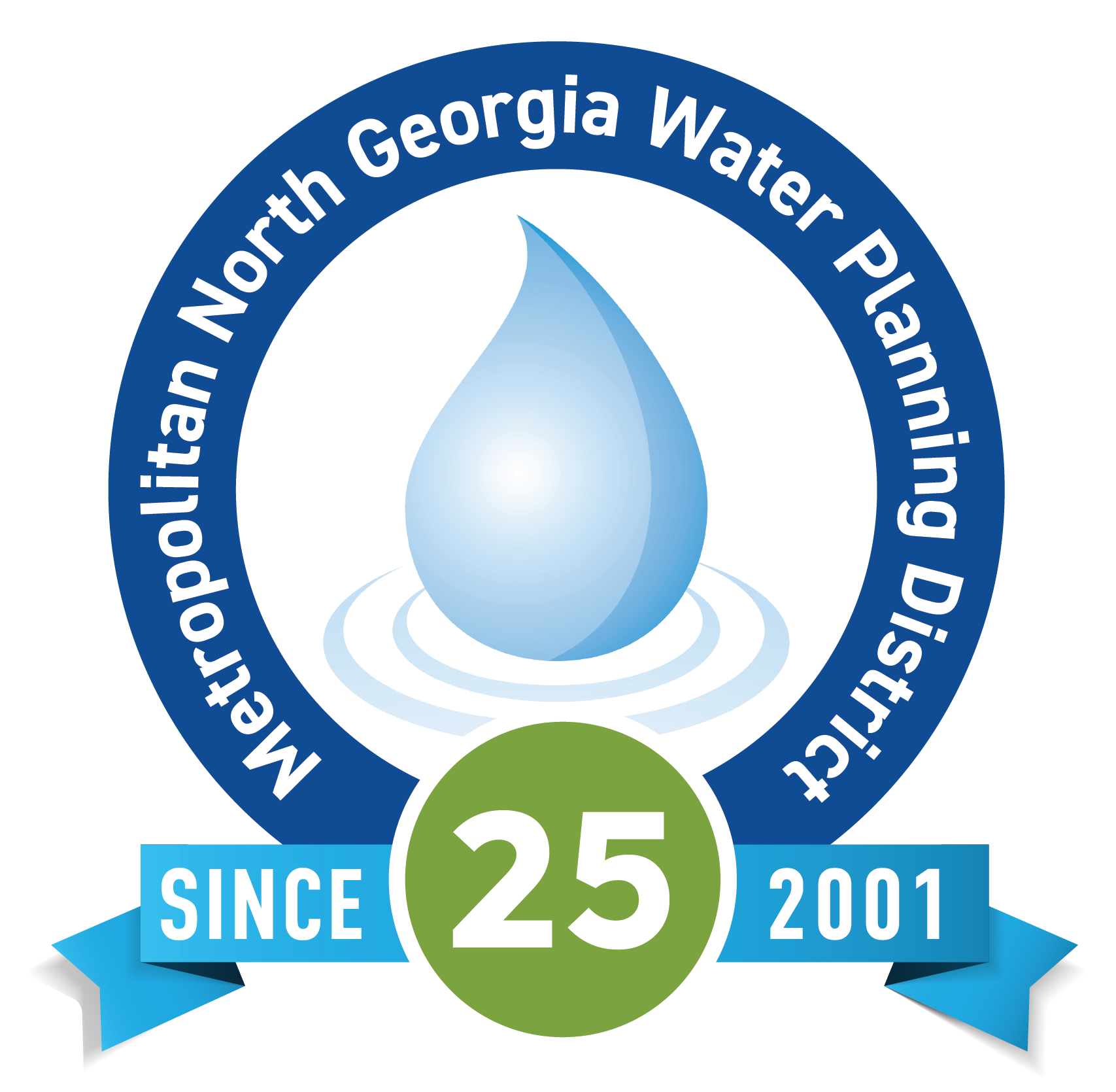Why Water Planning for Data Centers Matters
 Data centers can require significant volumes of water to maintain operational efficiency. Data center facilities must maintain an optimal temperature range to prevent damage to server technologies while also protecting their investment and ensure continued operations for their customers. Facilities using evaporative cooling may lose up to 80 percent of that water to the atmosphere. This loss of water prevents maximum return flow of water back to our rivers and reservoirs. Conversely, closed-loop (or other near waterless) cooling technologies can significantly reduce water consumption, conserve this limited resource, and maintain Georgia’s good water stewardship.
Data centers can require significant volumes of water to maintain operational efficiency. Data center facilities must maintain an optimal temperature range to prevent damage to server technologies while also protecting their investment and ensure continued operations for their customers. Facilities using evaporative cooling may lose up to 80 percent of that water to the atmosphere. This loss of water prevents maximum return flow of water back to our rivers and reservoirs. Conversely, closed-loop (or other near waterless) cooling technologies can significantly reduce water consumption, conserve this limited resource, and maintain Georgia’s good water stewardship.
This is especially important in Metro Atlanta, where:
- The region’s watershed is one of the smallest of any major metro region in the country, with Metro Atlanta sitting at the headwaters of six small river systems.
- We rely almost entirely on surface water (rivers and lakes) — access to groundwater is constrained by the region’s granite bedrock.
- Georgia is prone to drought and drought-like conditions, with these events increasing in frequency over the past 20 years.
How We Are Involved
The Atlanta Regional Commission and the District are empowering local communities, utilities, and economic development leaders to:
- Raise awareness of the potential impact of data centers on water and power systems. For example, closed-loop cooling systems can limit water use to less than 100,000 gallons of water per day compared to evaporative systems that may use as much as 9 million gallons per day. It is also important in regard to a facility location’s proximity to existing transmission lines and if additional infrastructure is needed.
- Encourage early coordination between data center developers and local water utilities. System reliability and redundancy measures during droughts and emergency outages are important to discuss in advance.
- Promote long-term planning, including updates to drought management plans that consider future demand and water availability. The District currently is in the process of updating the regional water supply plan for 2028 and will be monitoring developments to determine what, if any, new provisions will be added to the plan to address these new challenges.
We support smart, sustainable development that ensures technological infrastructure like data centers can thrive without compromising our water resources or community health.
Call to Action
- For developers and economic development professionals: Engage with water utilities early in the site selection and planning process.
- For utilities: Update drought management plans and clearly communicate how data centers will be served during outages and what infrastructure redundancy measures will facilities include onsite.
- For local leaders: Support policies that balance growth with sustainability and resilience for the short- and long-term.
Together, we can ensure metro Atlanta remains a competitive, innovative region — while safeguarding the water resources that support our communities and downstream neighbors.
LEARN MORE:

 Data centers can require significant volumes of water to maintain operational efficiency.
Data centers can require significant volumes of water to maintain operational efficiency.